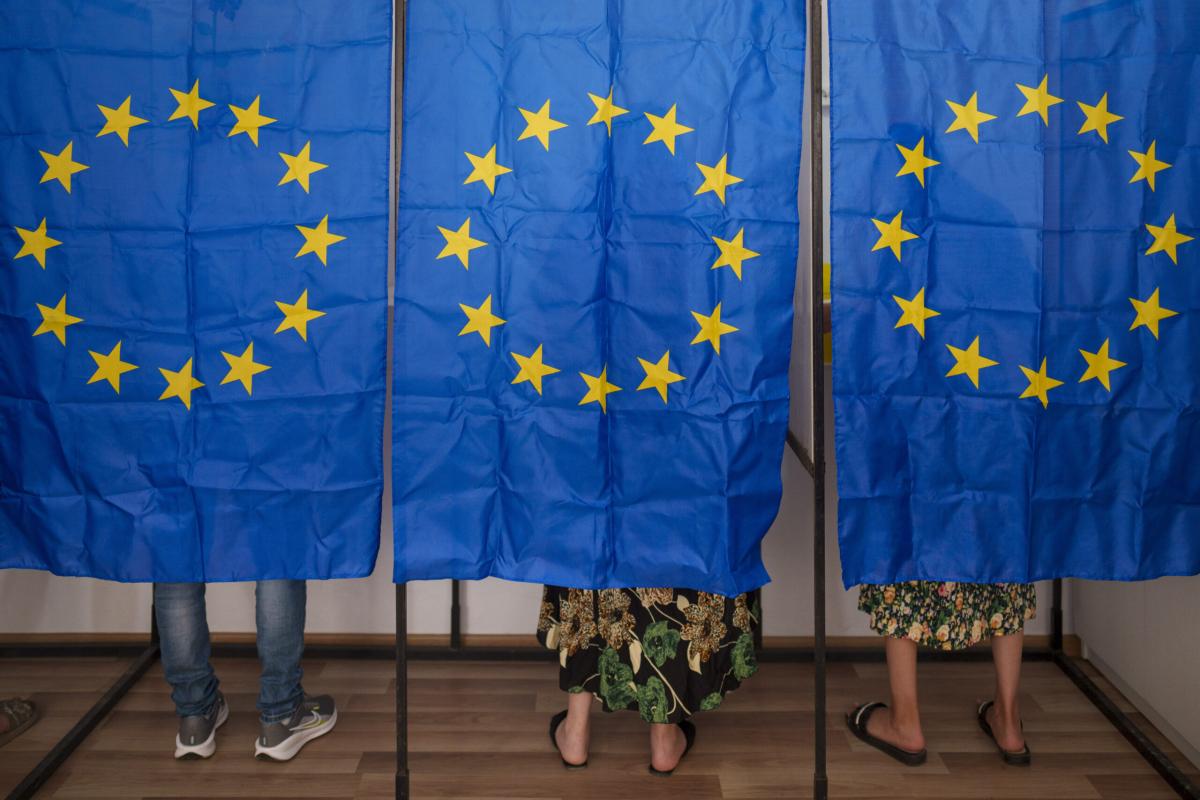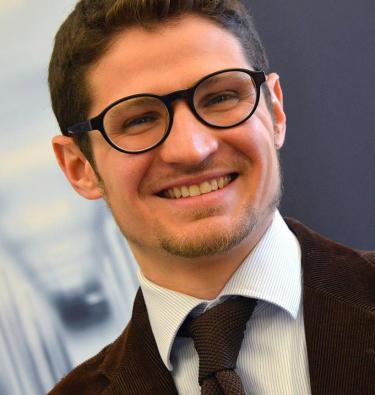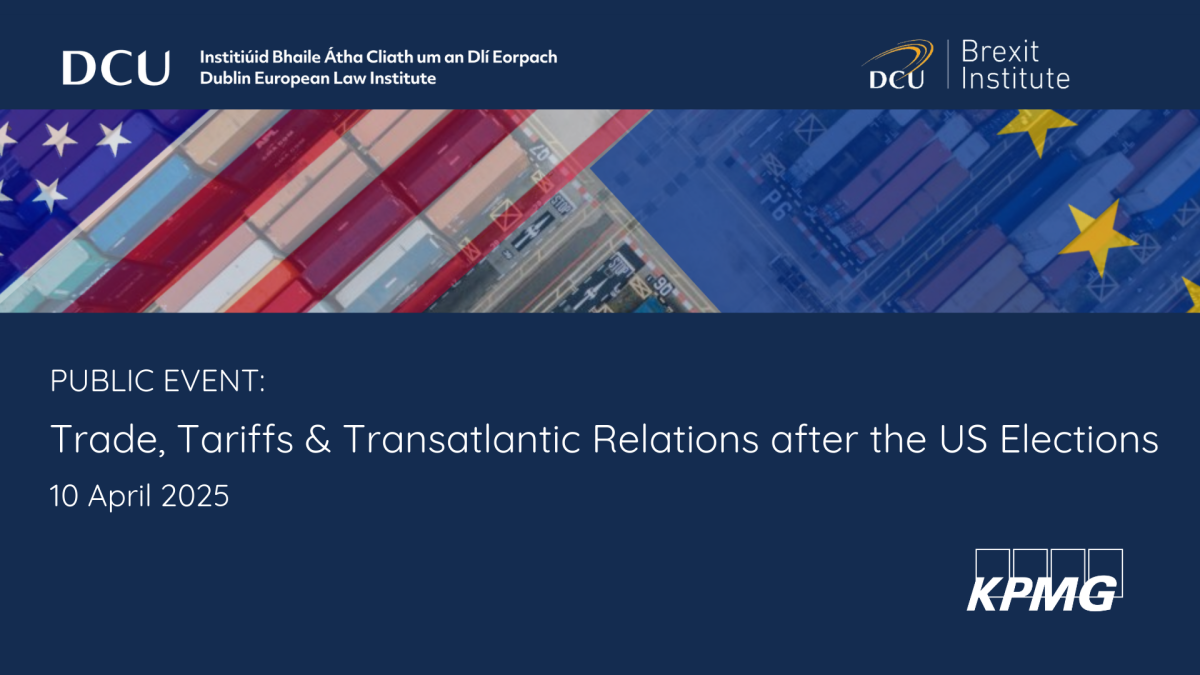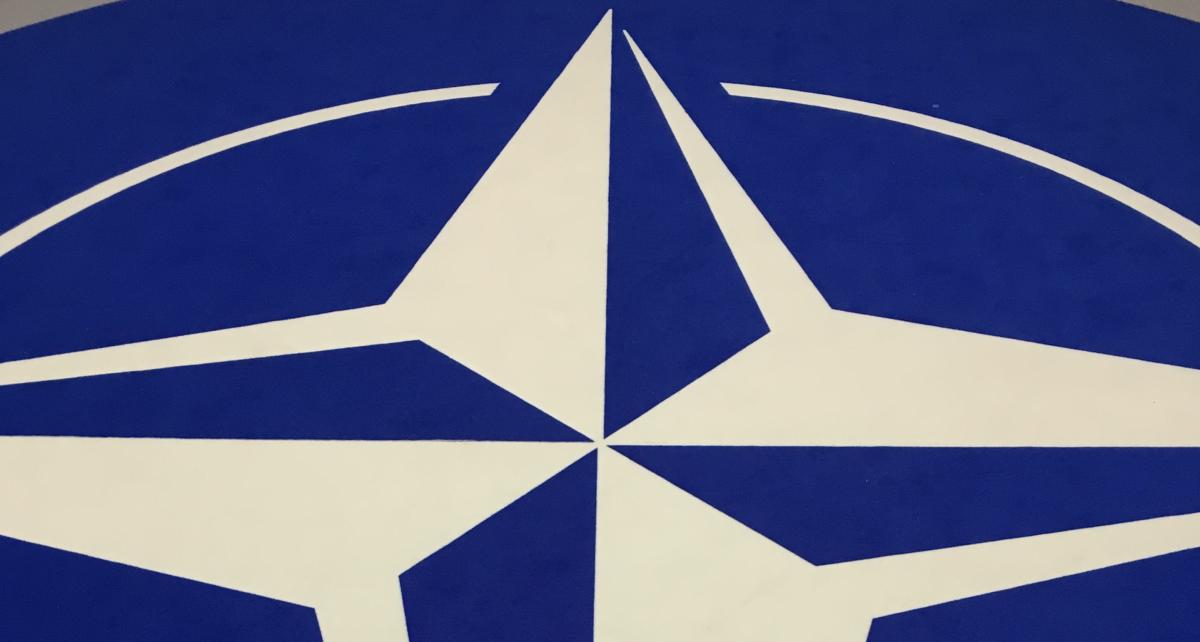
Prof Federico Fabbrini
Ireland is still counting ballots for the European Parliament (EP) elections, which occurred from 6 to 9 June across the European Union (EU). But as most EP results from the 27 Member States have been recorded, it is possible to draw some key conclusions from a broader European perspective. These elections – the tenth since the introduction of direct suffrage for the EP in 1979 – reveal 3 elements of continuity and 3 of change.
A first continuity is the fact that EP elections remain by and large 27 separate elections. Not only the electoral rules and dates vary from one Member State to another, but elections are contested by national parties that compete along established national cleavages. While national parties are then grouped in the EP in several European political families, it is really national, often local issues, that dominate campaigns and the vote. As such, the outcome of the EP elections depends on idiosyncratic issues, including the popularity of the incumbent government in each EU member state. This explains why Christian democrats performed strongly in Germany and Greece, but so too did Socialists in the Netherlands, Spain and Romania, liberals in Slovakia and far right parties in Austria.
A second continuity is the fact that the political consensus that has dominated EP politics in the past 5 years – and indeed the past 50 – will continue to rule the day. In a transnational parliament elected basically with proportional representation, a grand coalition between Christian democrats, socialists and liberals is necessary to form a majority – and indeed has always been necessary since 1979. Based on reported outcome, with respectively 189, 135 and 79 seats each, the European Peoples Party (EPP), the Socialists and Democrats (S&D) and Renew will together have a majority in the EP this time round too.
A third institutional continuity, finally, is that elections will only indirectly influence the next EU institutional cycle, and particularly the appointment of the European Commission President. While the incumbent, Ursula von der Leyen, who is seeking re-election, was quick to state that she is confident she will be re-appointed, and stands a good chance to win the job given the good performance of the EPP, it will be the European Council – the body representing the 27 heads of state and government – to ultimately make the call. As the EU treaties give the European Council the right to nominate the Commission President taking into account the EP results, much politicking is to be expected ahead of a key summit on 27 June, when decisions will be taken on the leaders of the EU institutions.
Yet, these EP elections also revealed elements of change.
A first, much anticipated, change is the rise of far right parties in a large number of member states, particularly France where the National Rally toped the polls with 31%, and Germany, where the Alternative für Deutschland (AfD) with 16% came in as the second most voted party, behind the Christian Democrats (30%) but ahead of Chancellor Olaf Scholz’s Social Democrats (14%). The AfD was recently expelled by the Identity & Democracy group in the EP, and therefore, as things currently stand, is poised to sit in the non-aligned group, lacking any influence in the EP. Yet, the fact that a party only lightly concealing its fascination for the Third Reich could perform so well in Germany is extraordinary.
A second, unpredictable change, instead, is the knock-on effect that the EP elections have had at the national level. Most remarkably, following the defeat of his party, French President Emmanuel Macron decided immediately to dissolve the National Assembly and schedule snap elections for 30 June and 7 July. President Macron did not currently have a majority in the French national parliament, and the Constitution of 1958 gives him wide powers, including to call for early elections. Yet, it is the first time ever that the outcome of European elections are having effects at the national level – rather than the other way around.
This connects also to the third and most dramatic change following from this EP vote. While the political centre may have held within the EP itself, the rise of the far right across a number of key member states – France and Germany, with Italy already ruled by the post-Fascist Brothers of Italy party of Georgia Meloni – raises major challenges for the future of the EU. Despite the growing influence of the EP in European policy-making, national governments hold major sway in shaping the EU’s direction via the European Council. Opposition to further European integration in national capitals may cause irreparable harm to the EU at a time when multiple crises – from the war in Ukraine to the solidity of the transatlantic relationship – make European unity more needed than ever.

Full Professor of EU Law at DCU, and Founding Director of the Dublin European Law Institute



